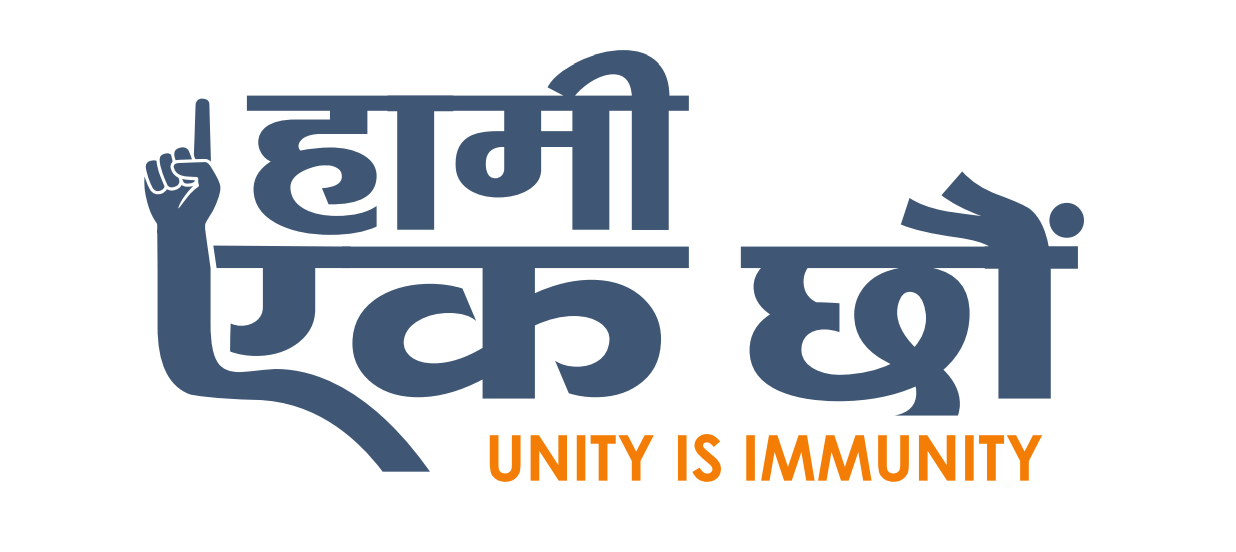Narbada Thapa, nursing supervisor, Tribhuvan University Teaching Hospital (TUTH), was terrified when the World Health Organization declared a pandemic in March 2020. Despite her two-decade-long career, she felt unprepared to deal with what was happening. In the months that followed, Nepal too saw a surge in the number of Covid-19 cases. The condition then, says Thapa, wasn’t as grave as it is now but the sense of unease was more.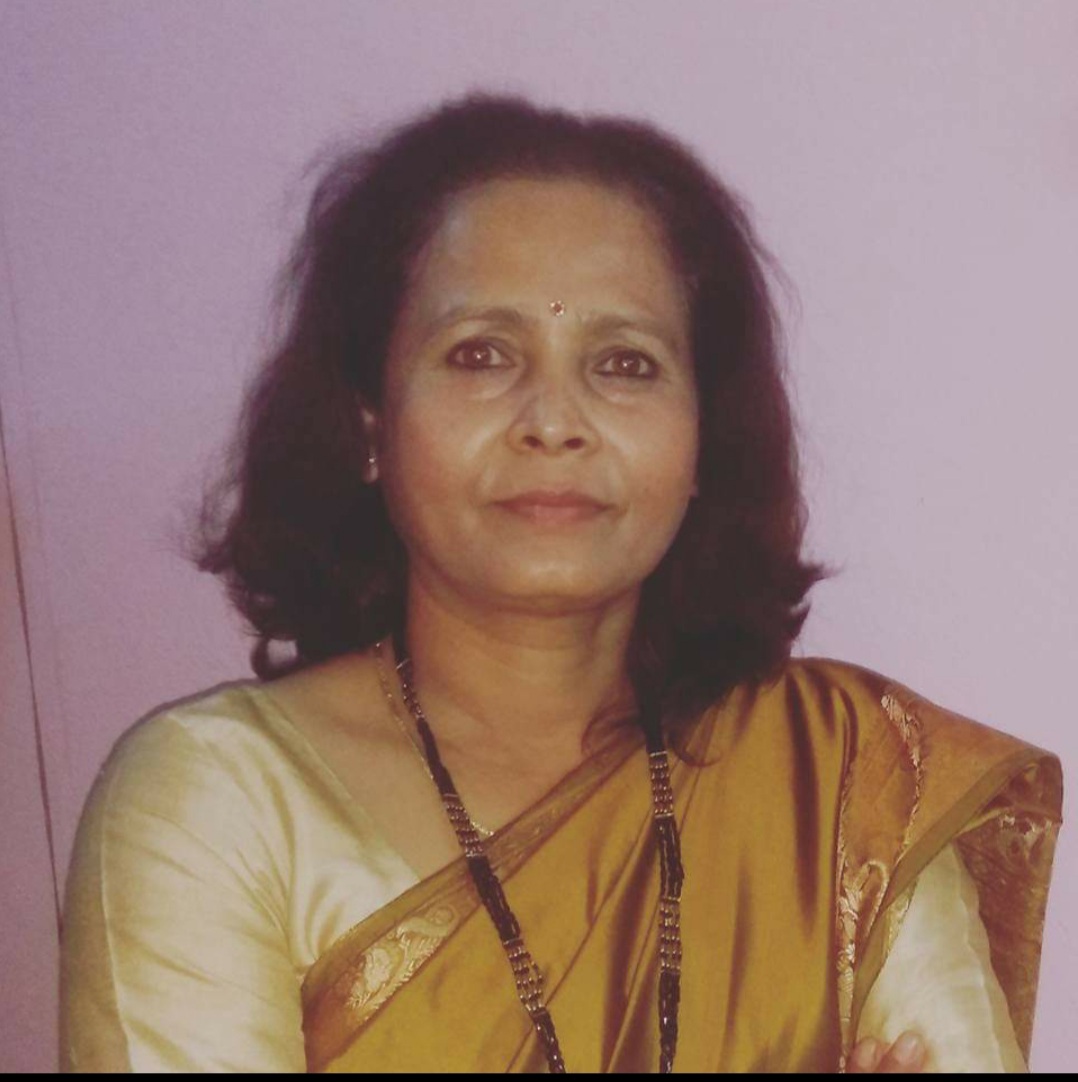
Narbada Thapa
“We didn’t know how to deal with highly infectious diseases. We were baffled,” says Thapa. In the past year, she has worked with a lot of covid patients and she is no longer scared of the virus. Nurses, she says, can’t afford to be.
According to Thapa, during the first wave of Covid-19, there were limited PPEs. This required a nurse wearing one to be on duty for 10 to 12 hours without a break. It’s not possible to eat, drink or go to the bathroom while clad in a PPE so many of her colleagues went unimaginably long hours without food or water. Some even wore diapers.
Thankfully that isn’t the case anymore, says Thapa. But that doesn’t mean their work is any less daunting. The second wave of Covid-19 has brought forth a new set of challenges, from shortage of oxygen and ventilators to being unable to provide the one-on-one care that critical patients require. The viral strain is stronger and highly contagious and, compared to earlier, there are more serious cases.
There are also many deaths every day, which is unsettling. Additionally, every day is harrowing and humiliating: Sometimes, frustrated family members get angry and abusive. Mana Kumari Rai, president of Nursing Association of Nepal (NAN), says many times nurses have been physically abused because family members weren’t allowed into the ICU or they felt their patient wasn’t being looked after properly.
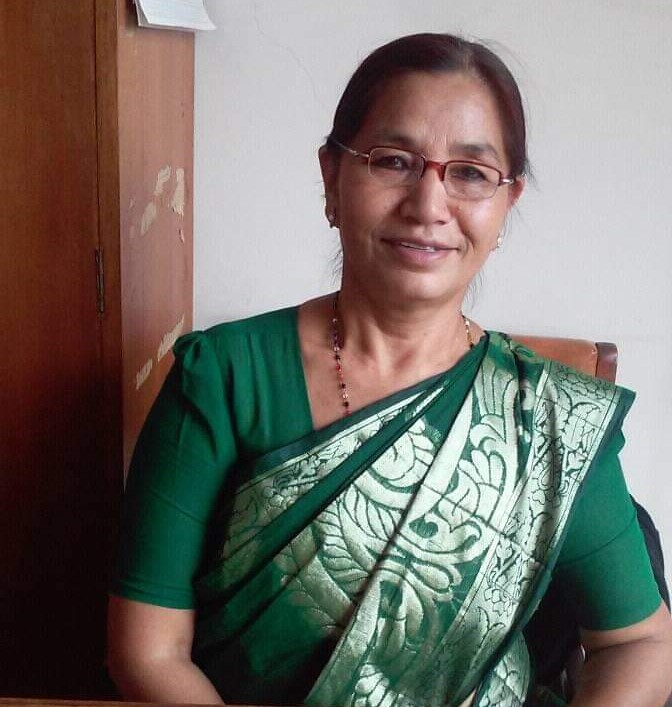 Mana Kumari Rai
Mana Kumari Rai
But valiant nurses on the frontlines don’t let anything dampen their sprits. Given the rate of infection and the rise in the number of people needing medical intervention, hospitals are inundated. Every nurse, who earlier used to work in eight-hour shifts, is on a 12-hour shift, and sometimes without breaks too.
Durga Shrestha, matron, Bheri Hospital in Nepalgunj, says they are so short-staffed that it’s impossible for those on duty to get a moment’s rest. The hospital has 260 general beds and 100 emergency beds and not a single one is empty. On top of that, they get hundreds of calls every day, from friends and friends of friends, seeking help.
“We try to accommodate as many people as possible. But our best isn’t enough anymore,” says Shrestha, adding they had anticipated a second wave and even prepared for it. What they didn’t foresee was how catastrophic it would be.
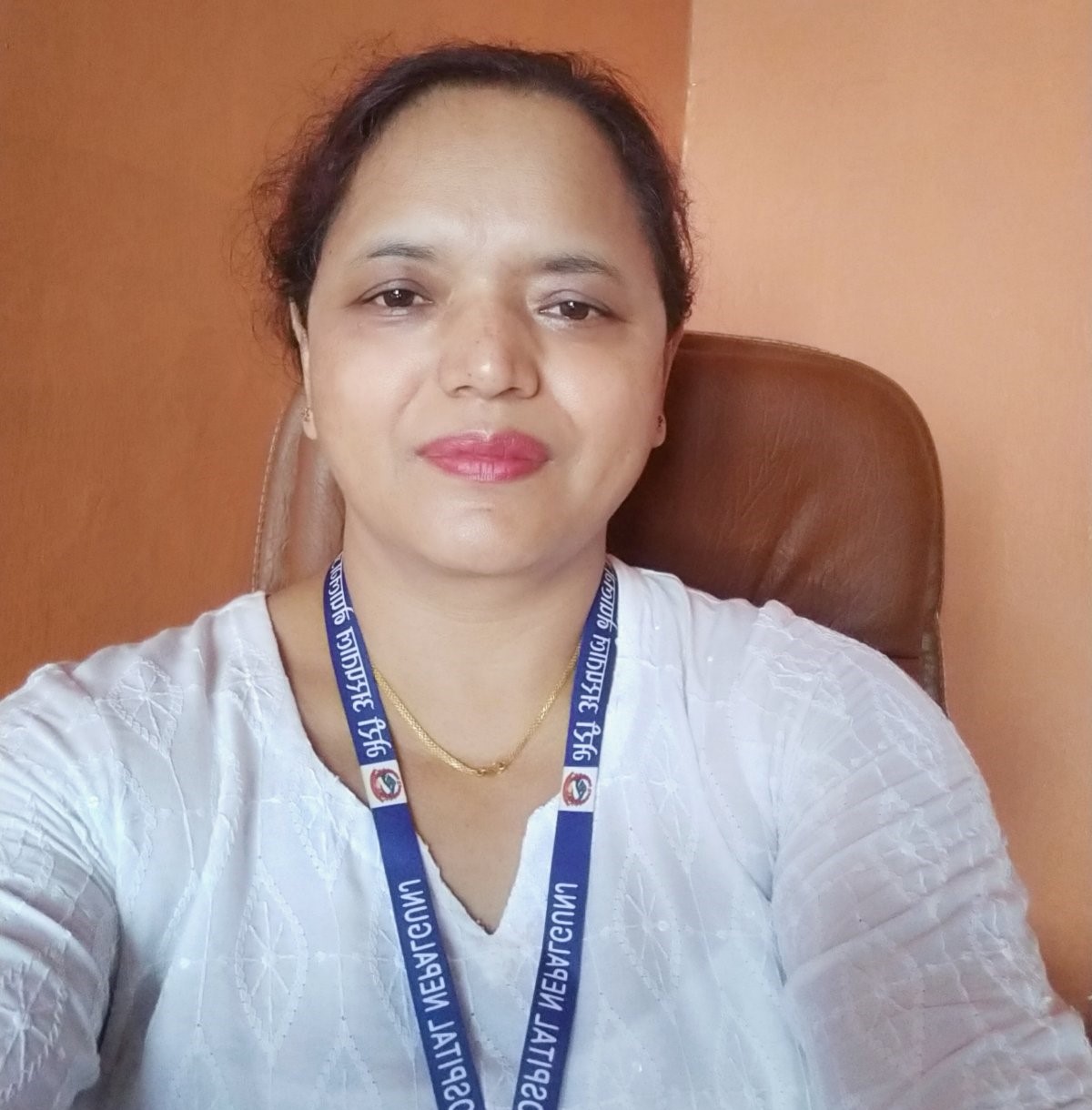 Durga Shrestha
Durga Shrestha
Bheri Hospital is the referral site for three provinces and thus they get a lot of patients. Upon arrival at the hospital, the oxygen saturation of some patients has been as low as 40. There’s very little chance of recovery in such cases.
“It hurts knowing we won’t be able to save them. Worse, we are sometimes forced to watch people suffer because of reduced oxygen supply and equipment and medicine shortage,” she says. The hospital needs over 400 cylinders every day. There are times when there’s a demand and supply gap for an hour or two and many people lose their lives.
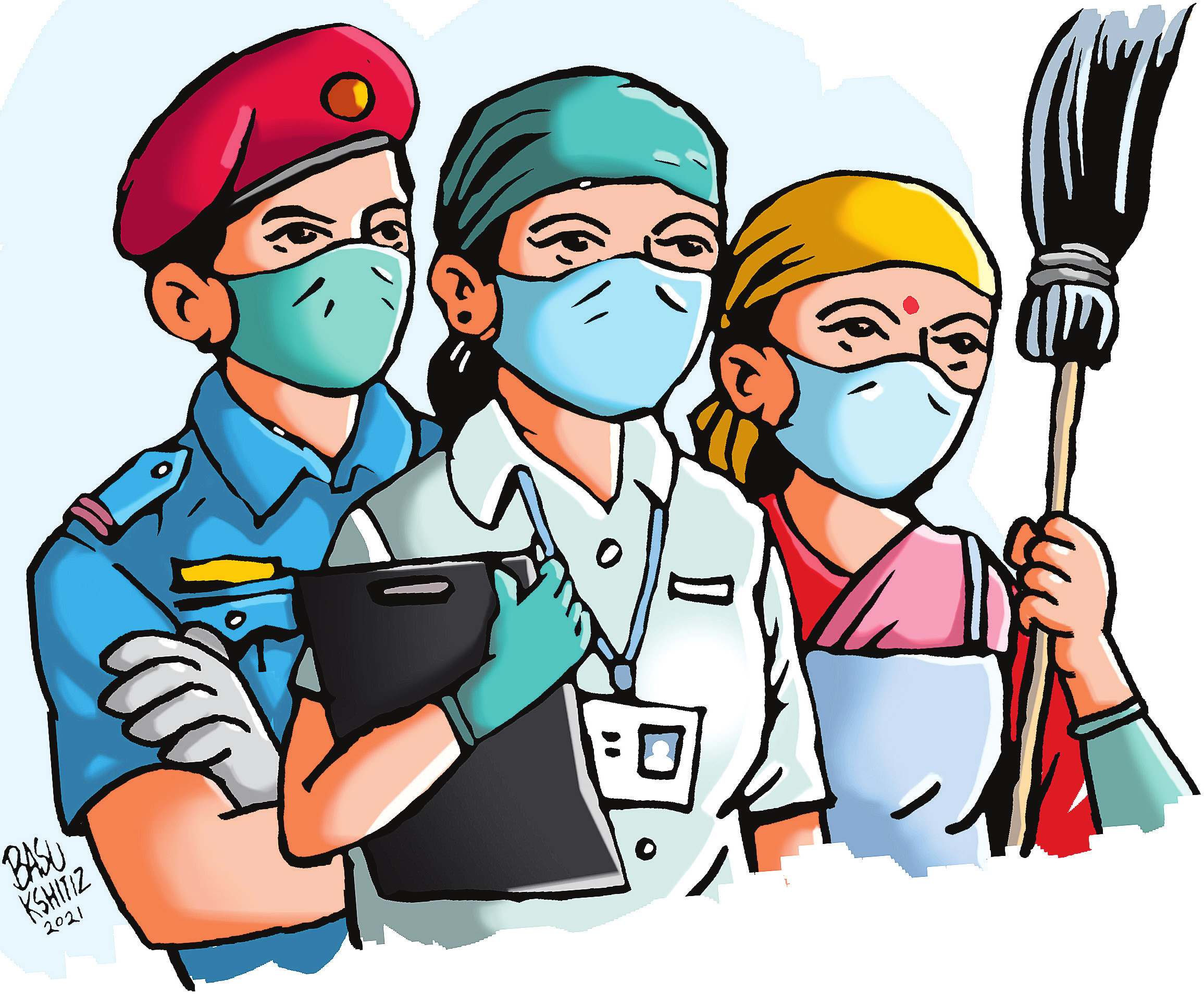
Nursing is basically bedside care and when you work so closely with patients—talking to them, hearing their stories—you are bound to get attached. Not being able to save them, especially when they tell you they want to live but feel like they are slowly suffocating to death, is heartbreaking. Nurses working in covid ICUs and wards say they are filled with guilt. When one death follows another, the effect is numbing.
Prabha Gautam, a critical care nurse, says the workload is immense and exhausting. She has no time for her family and her two-year-old son. Even when she is home, her mind is at work, wondering if some of her patients will survive the night and what reality awaits her the next day.
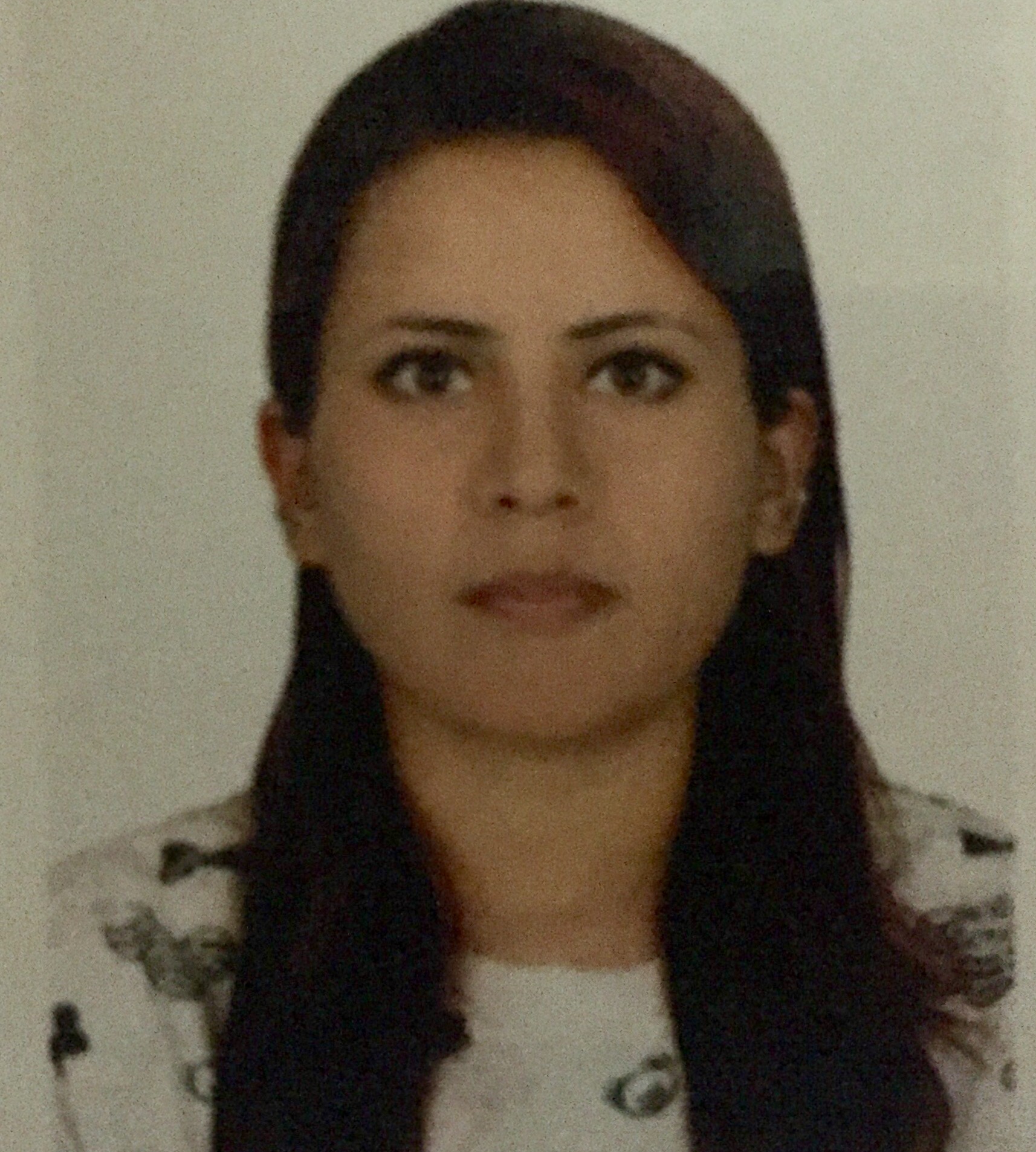 Prabha Gautam
Prabha Gautam
“I know there is a need for me to detach and take care of my mental well-being. But there’s no wiping certain painful images from my head. It’s traumatic,” she says.
Sleeplessness, chronic headache, anxiety and stress are some of the many issues these healthcare workers face. They also have sweating-related itchiness due to long hours in gowns and PPEs. Some have wounds on their faces because masks have to be worn tightly. What do they do? Put band-aids on them before strapping their masks back on and resume work.
Most nurses have also been living in isolation in their own homes since the start of the pandemic. Thapa can’t remember the last time she had a meal with her family or met her granddaughter. Abodh Kumar Shah, staff nurse at TUTH, says he hasn’t met his parents. He desperately wants to but their safety is more important.
 Abodh Kumar Shah
Abodh Kumar Shah
Every nurse ApEx spoke to confessed their families were worried about them. Chhetra Rokka, nursing supervisor, Pokhara Academy of Health Sciences, who has been working for 27 years, says her husband wanted her to retire and stay at home. But she would have regretted it if she had quit at a time when her services were required the most.
Her son suggested that the family should focus on keeping their immunity up by having nutritious food and exercise extreme caution to minimize the risk of infection. Rokka’s family have, so far, managed to stay safe.
Not all have been as lucky. Shrestha and her entire family have been infected. Thapa too had covid and it was horrible, she says. Rai, president, NAN, says many nurses across the nation have been infected and some have had to be kept on ventilators.
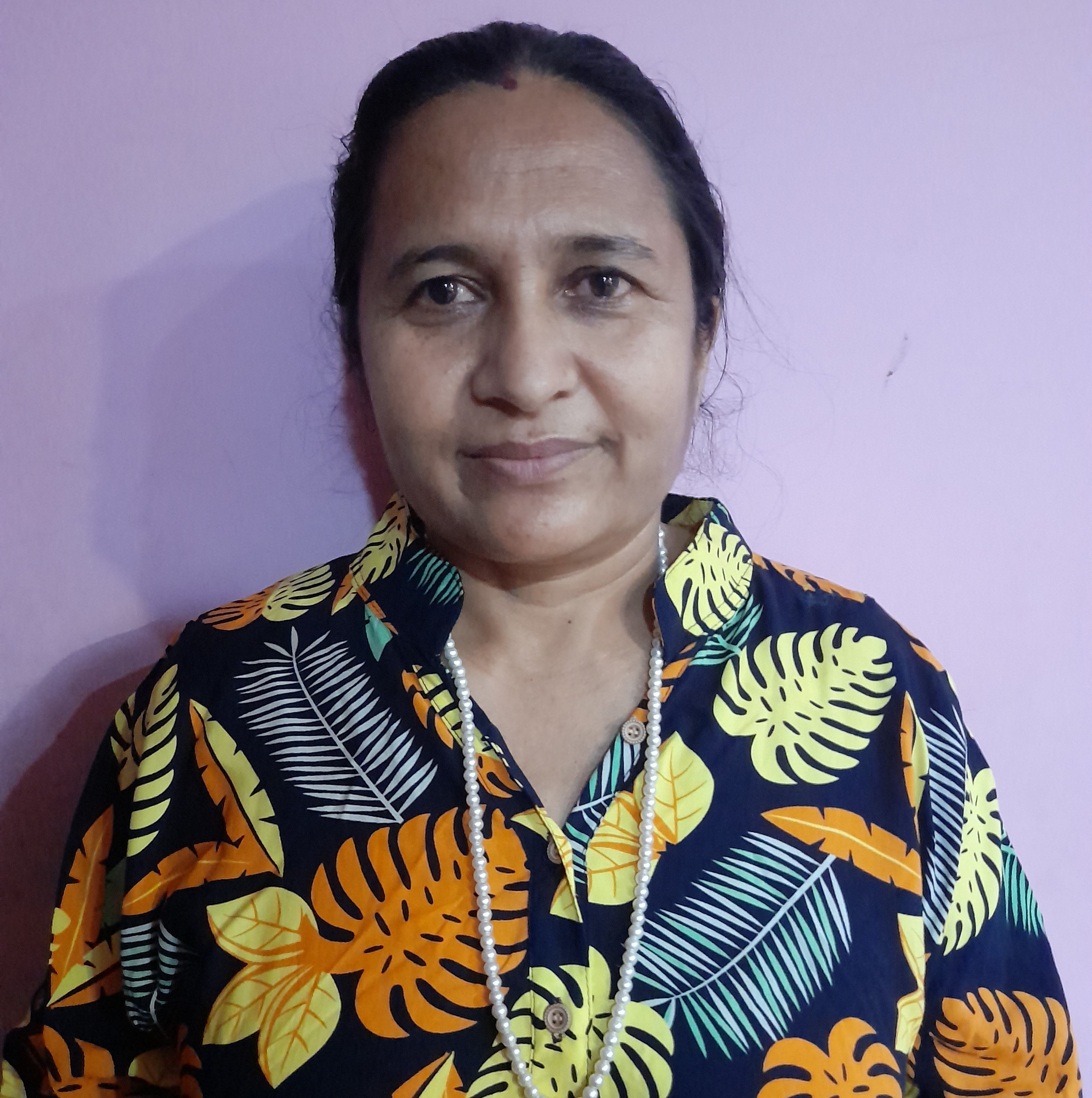 Chhetra Rokka
Chhetra Rokka
“It’s a difficult time but we can’t and won’t give up. I would like to request people not to take the virus lightly. Wear a mask, stay home, practice social distance, and help us stop the spread,” concludes Rai.


